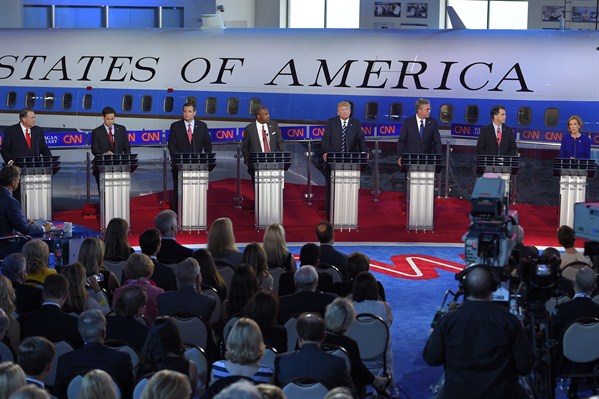When this year’s slate of GOP presidential candidates took the stage for a televised debate a couple of months ago, with the flamboyant Donald Trump capturing most of the attention, a number of writers started referring to the group as the Republican “clown car.” The term was obviously meant to be a humorous putdown, dismissing the seriousness and political viability of the large and histrionic collection of would-be presidents.
More recently, as the possibility that Trump could emerge victorious started becoming less inconceivable to the establishment, the term fell into disuse. And yet, there is a grain of truth in the mostly abandoned metaphor. Clowns, it turns out, may help explain what is happening in a number of democracies around the world. This could, in fact, be the Year of the Clown.
The least metaphorical of examples is unfolding in Guatemala, where a professional clown just won the first round of the presidential election during a time of unprecedented turmoil.

